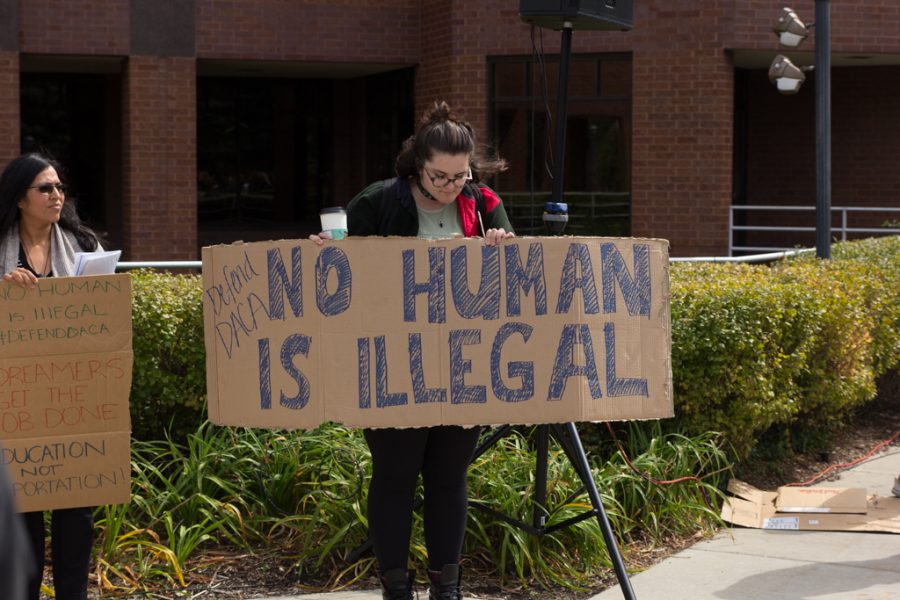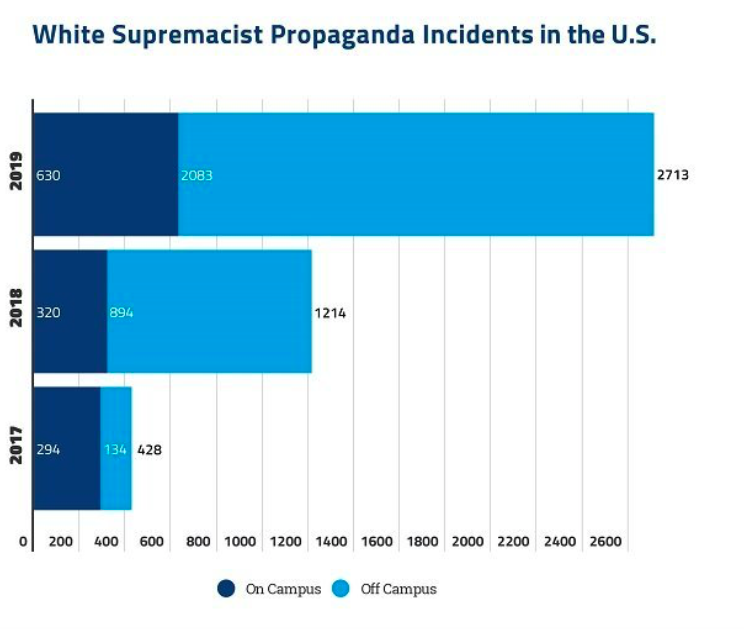Immigration helped pioneer the colonization of the United States and served as the backbone of our country’s workforce.
The topic of immigration policies has been a contentious debate, but the Deferred Action for Childhood Arrivals (DACA) has protected immigrants’ rights for over a decade.
On June 15, 2012, former President Barack Obama created this policy via executive order. If eligible, the policy grants young immigrants temporary protection from deportation and allows them to renew their work authorization. Immigrants must complete a certain level of higher education, military service or work in order to be eligible and obtain permanent residency.
It has been shown that immigrants’ wages and employment status have increased when they are a part of DACA or eligible for it. The program has also improved the mental health of children whose mothers are eligible for it. A 50% decrease in anxiety disorder diagnoses was found in children when their mothers met the program’s requirements.
Obama signed the DACA policy after the Development, Relief and Education for Alien Minors (DREAM) Act bill did not pass through Congress. Over 20 versions of the DREAM Act were introduced to Congress but none of them passed.
The DREAM Act would have provided temporary conditional residency and a pathway to U.S. citizenship for undocumented immigrants who came to the U.S. as children. It was similar to DACA, but it offered a way for immigrants to gain legal status and citizenship; DACA does not.
DACA went through years of litigation and faced the possibility of termination by the Trump administration in 2017. If this happened, children of undocumented immigrants would have lost their DACA status. Though it was not terminated, the Trump administration did block it from accepting new applications.
However, President Joe Biden renewed the program with the intention of gaining court approval. However, he was only able to allow DACA to accept new applications for a six-month span before it was blocked again by the courts.
Unfortunately, Texas and eight other Republican-led states filed a lawsuit against the United States as an attempt to shut down the program citing the millions of dollars that are spent on healthcare and education for DACA recipients each year.
On Thursday, October 10, three judges from the 5th U.S. Circuit of Appeals in New Orleans and Louisiana heard arguments over DACA. This Fifth Circuit has appellate jurisdiction over federal judicial districts in Louisiana, Mississippi and Texas. Over 200 protestors stood outside the federal courthouse in support of continuing the program.
Arguing for the Biden administration, Brian Boynton stated that the GOP-led states have no account to sue because DACA has not exhibited harm to them. It has not been demonstrated that the costs of healthcare and education are linked to or caused by the policy. Along with not having documentation of the alleged costs, the Republican-led states should not be griping about DACA when its recipients pay taxes and add value to the economy.
Undocumented immigrants perform the same responsibilities as U.S. citizens, and if they were to gain legal status, they would contribute even more value to the economy. Deporting them would be extremely costly and would set the economy back. It was also argued that the opposing states have no standing because Congress gave the Department of Homeland Security authority to establish immigration policy.
A decision was not made at the hearing. The judge panel did not state how they will rule the case or when. It is believed that the case will end up at the Supreme Court.
With the lives of over half a million immigrants at stake, it’s crucial to continue the DACA program. Many young immigrants were brought to the States illegally by their families with little to no say. They grew up in this country and have built their lives from nothing. They deserve the ability to become a citizen in the country where they have established their lives.
A program that gives immigrants who entered the U.S. as minors an opportunity to earn U.S. citizenship should be implemented. It is a civic duty to protect those who have worked for our country. The DREAM Act failed to pass through Congress several times, but change can still happen.
This story was written by Rachel Lopera. She can be reached at r[email protected]











